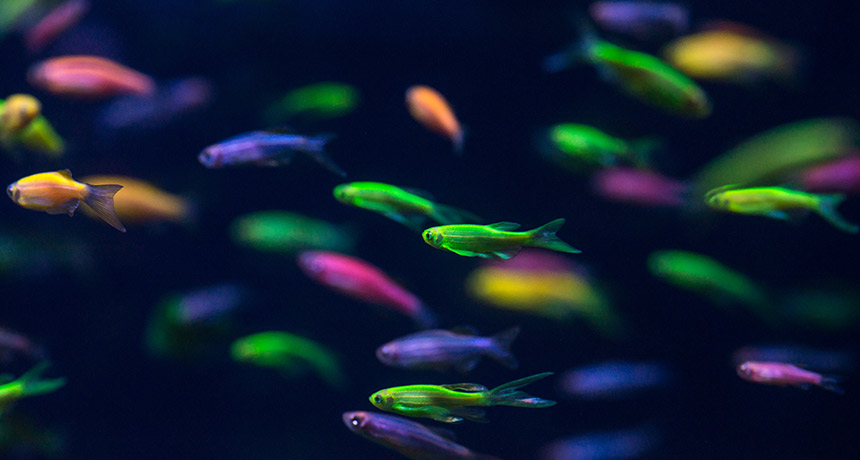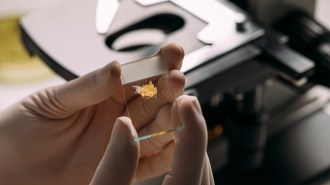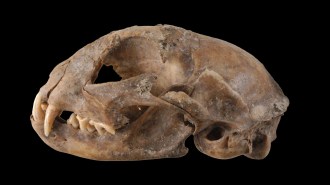Americans support genetically engineering animals for people’s health
But survey respondents weren’t OK with tweaking animal genes for looks and convenience

FISHY WORK In a poll of American’s attitudes toward genetically tweaking animals, three out of four respondents said introducing genes to make aquarium fish like these glow was “taking technology too far.”
Serhii Shcherbyna/Shutterstock






